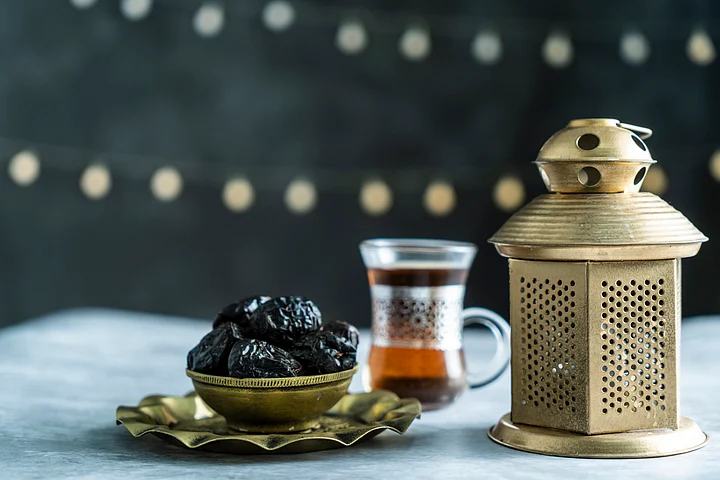Ramadan is the ninth month of Islamic Hijri Calendar. It is one of the blessed months of the year during which Muslims observe fasts from dawn to dusk in a row for 30 days. Ramadan is a pious occasion for all the followers of Islam. While fasting, Muslims must abstain from drinking, eating, smoking, sexual activity, swearing, and unnecessary gossips.
Ramadan fasts (Roza) are compulsory for all Muslims because Roza is the third pillar of Islam. However, old and sick people are exempted from keeping fasts.
People with diabetes are often apprehensive about keeping fasts in Ramadan because prolonged fasting may decrease or increase their blood sugar levels, and thereby complicate the condition. However, if certain health tips are followed by the diabetes patients, they can smoothly keep Ramadan fasts without any issue. Let us check out some amazing tips below that diabetic patients must follow to keep their health in check during Ramazan.
10 Amazing Tips for Diabetes Patients To Keep Ramadan Fasts
Following are some of the amazing tips for diabetes people, if they wish to keep Ramadan fasts.
1. Eat a Healthy Suhoor: Diabetes patients should not miss Suhoor (pre-dawn meal), if they intend to keep a fast. Also, they must avoid unhealthy and oily foods. Consuming healthy foods like green leafy vegetables, fruits, nuts, and fluids during Sehri will keep their sugar levels in balance. High salty and deeply fried food items must be avoided to prevent any kind of inconvenience during fasting.
2. Keep Yourself Hydrated: Drinking plenty of water during Suhoor and Iftar is the best option for people with diabetes to avoid dehydration. Consuming adequate amounts of water will not only keep you hydrated but also maintain the blood sugar levels. Cut off tea, coffee, and other caffeinated drinks to stay healthy while on fast.
3. Keep a Check on Blood Sugar Levels: Prolonged fasts during Ramadan may pose a drastic effect on the blood sugar levels of diabetic patients. Therefore, people should keep a regular check on their blood sugar. Frequent blood sugar tests should be done during Ramadan fasts. It is important to note down that checking blood sugar doesn't break the fast.
4. Seek Medical Advice: Diabetes patients on Insulin should talk to their doctor before keeping the Ramzan fasts. People on diabetes medicines must also seek medical advice before making any adjustments in the medications.
5. Consume Low Glycemic Index Foods: Diet plays an important role in keeping the blood sugar levels normal. Consuming low glycemic index foods like baked snacks, fruits, yogurt, brown rice, millets, and vegetables during Iftar and Suhoor is one of the best options to prevent an imbalance in blood sugar.
6. Avoid Strenuous Exercises: Diabetes people must avoid rigorous exercising while fasting because it may lead to hypoglycemia. Instead, prefer a short walk after Suhoor to moderate the post meal spikes.
7. Avoid Overeating: People often overeat after breaking their fasts, which is not good at all, especially for diabetes patients. People suffering from diabetes must refrain from eating at one go, instead they should have light snacks first, followed by a high protein & low carb diet. This is the best way to prevent sudden blood sugar spike.
8. Eat Fiber Rich Foods: Diabetes patients must ensure to avoid high carbohydrate diet. Instead, they should prefer foods rich in fiber because high-fiber foods not only keep the gut healthy but also regulate the blood sugar levels.
9. Avoid Sugar Foods: High sugar foods is a big 'NO' for diabetic patients. Instead, they should go for sugar alternatives like dates, figs, cinnamon, fruits, and more.
10. Avoid Sweating: Diabetes patients must avoid sweating as much as possible because sweating leads to dehydration, and therefore may aggravate their symptoms.
(At The Quint, we question everything. Play an active role in shaping our journalism by becoming a member today.)
